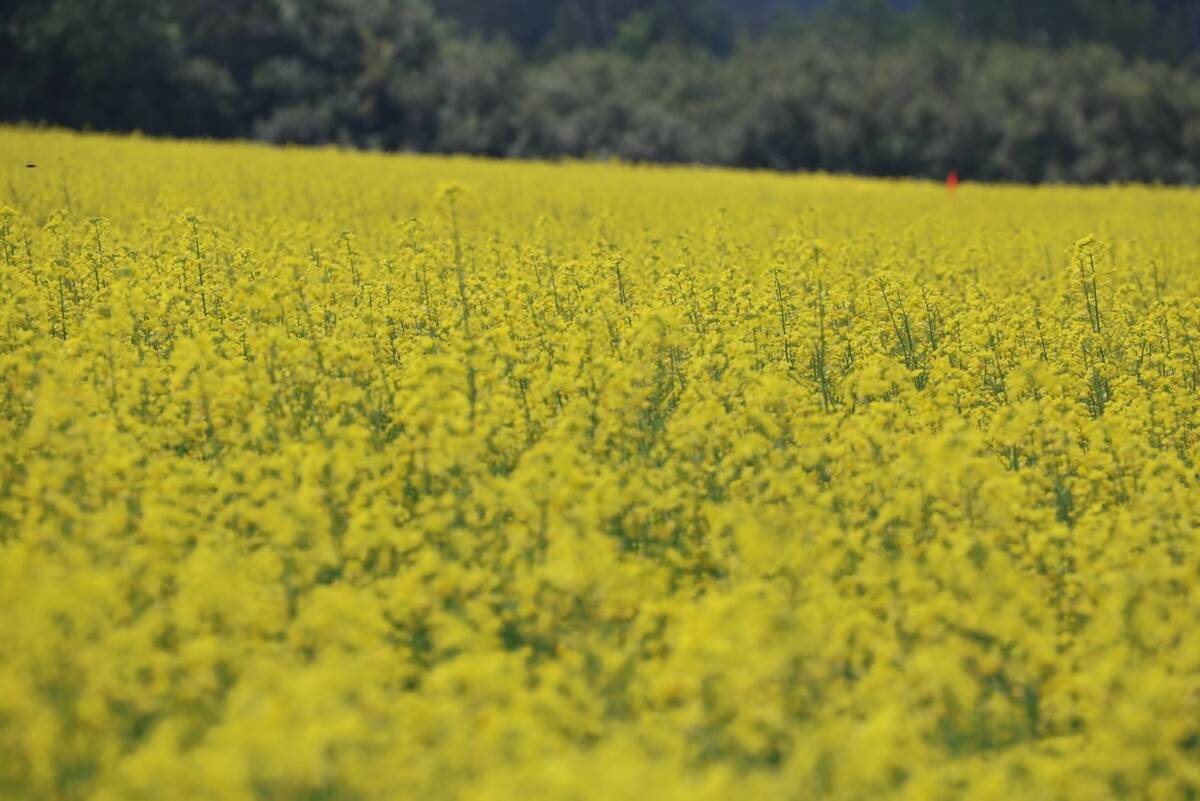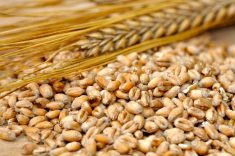Russia’s government is holding preliminary discussions on a possible decision to lift a five per cent grain import duty to help ensure adequate supplies after a drought and heavy export sales, an agriculture ministry spokesman said on Monday.
If a decision to stimulate grain imports were to be taken, it would mark a sharp reversal in policy in a few short years by Russia, which banned exports in August 2010 after a catastrophic drought which destroyed over a third of the crop.
"It would be premature to say that we are ready to do this and it’s difficult to say when it can come up (for a decision)," the ministry spokesman said by telephone, adding the government would likely be guided by the market impact of sales from state grain stocks at intervention tenders.
Read Also

Speculative net long position grows in canola
Speculative fund traders have added to their recently established net long position in canola, according to the latest Commitments of Traders report from the United States Commodity Futures Trading Commission (CFTC) released Friday, Feb. 27.
"Right now we are conducting sales from the intervention fund and we have to see how the situation will shape up at these sales," he added. "Then there will be some kind of decision but it is difficult to say what it will be."
The Institute for Agricultural Market Studies (IKAR) said Russia has already exported 13.7 million tonnes of grain in the current 2012-13 agricultural year, more than it can afford to export under analysts’ calculations of this year’s supply/demand balance.
Russian producers faced a difficult growing season which culminated in an early summer drought that slashed the harvest to 70.7 million tonnes from 94 million tonnes in the previous season. Wheat yields fell below levels seen in 2010.
The government is due to start selling grain in western Russia from state stocks at intervention tenders aimed at cooling prices and topping up decimated stocks.
Some analysts and industry leaders say market prices are already high enough in Russia relative to world prices to permit profitable imports into St. Petersburg on the Baltic Sea.
SovEcon managing director Andrei Sizov, who forecasts Russia could require 2.5 million tonnes of grain imports this year, said if the duty was lifted, it would shave US$18 per tonne off the cost of delivering grain into St. Petersburg.
Market sources said the impact would be enough to open the Russian market to imports.
"If the government supports it, the economics are there," one source on Russia’s grain market said. "If not, Russia will have to rise more and world markets will have to decline."
— Reporting for Reuters by Melissa Akin in Moscow.














